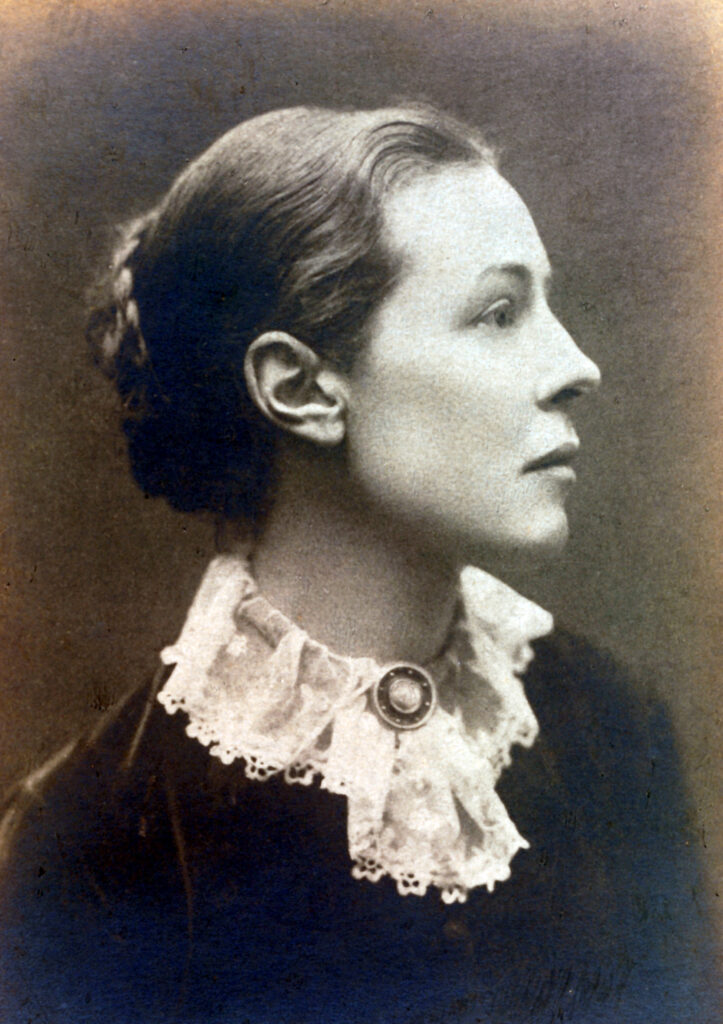In 1887, Edward Glenny of the NAM spoke at the YWCA conference. Lilias had been felt led to North Africa and was struck by his message. She responded to the call for workers and applied to the mission. However, Lilias had a weak heart from surgery (an issue that would cause her to have to take times of convalescence throughout her life), and was rejected on health grounds. Because she could support herself financially, the mission agreed to work in harmony with her, if she went herself.
Lilias travelled to Algeria in 1888 with two other women, Blanche Haworth and Katie Stuart. She would go on to found the Algiers Mission Band, which would grow to have stations across Algeria. They were heavily involved in the production and distribution of literature, collaborating with the Nile Mission Press. They were innovative evangelists, recognising the need for carefully contextualised methods and material. Lilias would write and illustrate much of the material.
Lilias died in Algeria in 1928. Her legacy has been rediscovered in recent years, with a film, play, and several books written about her life and ministry.
In 1964, the Algiers Mission Band merged with the North Africa Mission.





